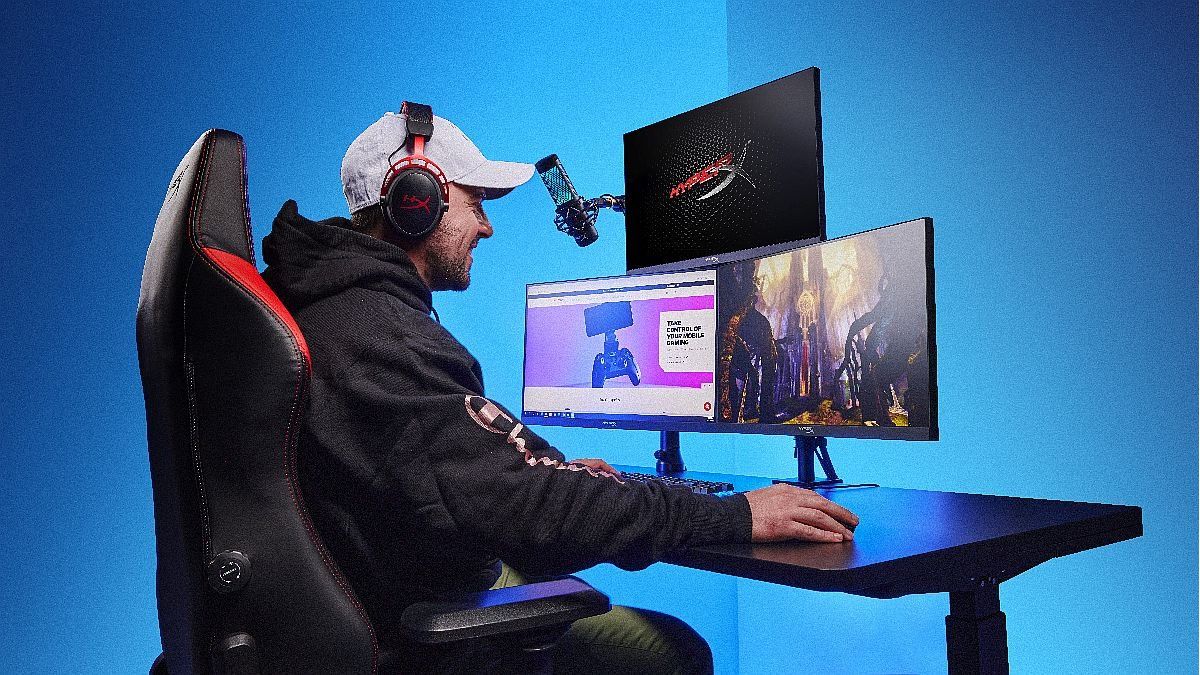The Government vetoed the financing law for universities, in a context of economic depression and social crisis. After the 120% devaluation in December 2023, which had an impact on the community, centralized in the university system/science and technology and productive sector.
The economic depression is a product of fiscal adjustment, tariff adjustment and devaluation. This must be understood within the framework of economic policies implemented by the government. Did it resolve the previous problems? No, it worsened the economic, productive and social crisis. The poverty data marks the impact of the government coalition’s measures. In the first semester in Argentina there are 53% poor and 18% destitute.
The fiscal adjustment took shape in public works. Fall in activity, layoffs and lower salaries. In the first half of the year, more than 54,000 jobs were destroyed in the private construction sector. It is not only the paralysis of public works but the economic depression of the economic sectors that do not see a reactivation that will recover everything sacrificed.
Secondly, it was the budget adjustment of the universities, they outdated the part of the salary of teachers and non-teachers and updated the operating part, which is 8% of the university budget. In the R&D&I agency, they did not execute 85% of the financing for the promotion of science and technology. The adjustment is also understood by the defunding of scholarships such as: Scholarships to encourage scientific vocations – CIN and Salud Investiga. Complementing this situation, the rate adjustment is impacting homes and industries: increases in the electricity bill of $150,000, in the former, and almost $700,000 in the case of businesses and industries.
We must consider that we are talking about families, that some of their members try to train at the university to obtain a degree and aspire to better professional development. Economic policy is having an impact on these families, on that second home that for many is the university. The ladder that allows social mobility. For this reason, we decided to interview the director of the Bachelor’s Degree in Video Game Production and Development: Tec. Bernardo Mallaina of the Department of Economy, Production and Technological Innovation of the National University of José C. Paz, one of the bicentennial universities, so that we could Tell how students and teachers generate contributions to the Argentine community.
Bernardo in the world. What relevance do video games have?
In principle, video games are today the most economically profitable cultural industry, the medium is in full swing today and its reach is increasing among all ages (not only are the players younger, but the adults who are beginning to enter the elderly support the activity) and cultures only further exacerbate the relevance it has. For Argentina, the activity is not only aligned with the profile of its professionals (who tend to stand out in the creative industries) but also, like several of the sectors of the knowledge economy, it is enhanced with the capacity for remote work and export of services.
Why does a university in this case develop a Video Game degree?
The video game is, in principle, a medium, and as such, everything from cultural to ideological aspects circulate through it. I start this way because the video game has a perception so centralized in carefree entertainment that we overlook the potential, importance and impact it really has. With that clarified, and considering the level of reach both in economic and audience terms, I think it is clear why the university, public above all, has to address the medium of video games, especially with a proposal that equals the level of importance that we have just highlighted as a bachelor’s degree. It is strategic in developed countries for productive sectors and in the formation of solutions in different fields of science. Because it is not only programming or being a developer but also carrying out research within the framework of sciences, technology and arts.
Although there are other universities that have this video game career, in the case of the National University of José C. Paz, why do students sign up?
In principle, students approach the career out of interest in the medium; the majority are gamers who, due to their activity, are curious about the video game development process. Eventually, the experience of beginning to train as a developer opens up the complexity of the medium in the same way that we can imagine when we say that, for example, “Watching a lot of movies does not make you a filmmaker”, playing video games does not make you a developer, but it helps get into the topic. The video game career at UNPAZ has been exploring this profound aspect of video games for almost a decade, seeking steps, through research, to be able to articulate with the areas of health and education. With a profile proposal that has solid foundations in the entire video game development process.
Do video games encourage collective or individual training more?
Gamejams, one of the most popular practice/training formats in the video game industry, not only encourage creative exploration and learning new techniques and roles, but in their project improvisation work they invite participation in teams. interdisciplinary, which is why it is an activity with a lot of focus on the collective. At UNPAZ we have received technicians and we are still waiting for the first graduates, since the degree is recent, almost two years ago.
An example of collective work. It is in the context of the gamejam that a student from unpaz together with students from other universities created a video game about the importance of defending the public university “UNIDEFENSE”. At UNPAZ these events have been held for more than six years to promote teamwork.
In your own way and as a specialist, what are the potentials of having a video game career at UNPAZ?
A degree of these characteristics at UNPAZ, as a public university, is important so that there is a broad approach to the environment and encourages not only the multiplicity of actors in the industry but also for the development of in-depth field and research on the subject. It is not only programming as we said before, but also developing science and technology, which is why we work with teaching teams and students on projects such as “Capabilities for developing own technology and innovative projects applied to other industrial sectors and the public sector in companies.” of video game development”, coordinated by a teacher and a group of students. The university makes many efforts from the Ministry of Science and Technology and the research institutes. Also for a long time this career was centralized in CABA and under private management, the possibility of it taking place in the bicentennial universities allows access to other career options and expanding training and professional development in the suburbs.
How does it contribute to the productive sector?
Video games, beyond their well-known role in the entertainment industry and their potential there, also imply potential in the application of playful design to various activities of the productive system, such as contributions to personnel training, training in risky tasks. or public immersion in brand identity, just to name a few cases.
Being a multidisciplinary activity, several of the disciplines that are developed allow its applicability to other fields, such as “programming.”
UBA economist. IDEPI-UNPAZ
Source: Ambito




